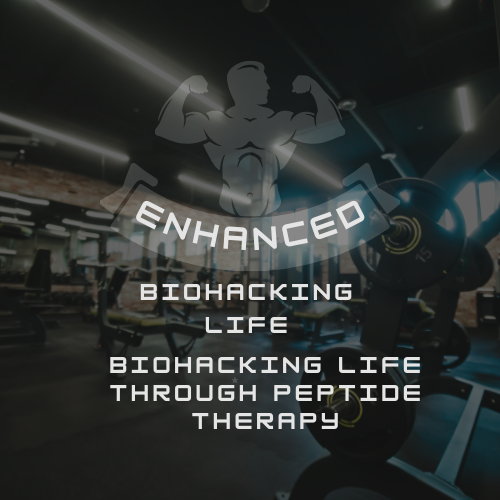
Beginner’s Guide
In the world of bodybuilding and fitness, peptides are gaining popularity as a means to enhance performance, accelerate recovery, and improve overall physique. While they might sound complex, understanding the basics of how peptides function can help you decide whether they are right for your fitness goals. This article aims to demystify peptides, exploring their role and usage in the fitness industry.
What Are Peptides
Peptides are short chains of amino acids, the building blocks of proteins. Unlike proteins, which consist of long chains of amino acids, peptides are much smaller and can be absorbed by the body more easily. This unique property allows them to influence various bodily functions, including hormone production, cell signaling, and tissue repair.
Types of Peptides Used in Fitness
In the fitness world, two primary types of peptides are commonly discussed: growth hormone-releasing peptides (GHRPs) and growth hormone-releasing hormone (GHRH) analogs. Examples include: 1. GHRPs: Such as Ipamorelin and GHRP-6, these peptides stimulate the pituitary gland to release growth hormone (GH). They are known for their ability to increase muscle growth and fat loss. 2. GHRH Analogs: Like CJC-1295, these peptides provide a longer-duration increase in GH levels. They are often used for their sustained GH release, leading to improved muscle growth and recovery. Benefits of Peptides in Bodybuilding
1. Increased Muscle Growth: By stimulating the release of growth hormone, peptides can help increase muscle mass. Growth hormone is crucial for protein synthesis, the process that builds new muscle tissue.
2. Enhanced Fat Loss: Peptides can also promote fat burning by enhancing the body’s metabolism. This is particularly beneficial for bodybuilders looking to achieve a lean, defined physique.
3. Improved Recovery: Faster recovery from workouts means you can train more frequently and intensely, which can lead to better fitness results. Peptides can help reduce muscle damage and speed up the repair process.
4. Anti-Aging Properties: Some peptides can help combat the effects of aging, such as reduced skin elasticity and muscle loss.
5. Increased Strength: With improved muscle growth and recovery, many users also experience increases in strength, further aiding their fitness progress.
Considerations and Cautions While peptides can offer significant benefits, it’s important to approach them with caution:
– Regulation and Safety: Many peptides are not approved by regulatory bodies like the FDA and are available only for research purposes. Their long-term health effects are not fully understood.
– Quality and Purity: The market for peptides is unregulated, and products of questionable quality and purity are common. It’s crucial to source peptides from reputable suppliers.
– Legal and Ethical Issues: In many sports, the use of peptides is considered doping, with serious consequences for professional athletes.
– Side Effects: Depending on the type and dosage, peptides can have side effects, including joint pain, increased water retention, and changes in blood sugar levels.
Peptides can be a powerful tool for improving muscle growth, fat loss, and recovery in bodybuilding and fitness. However, due to their complex nature and regulatory status, they should be used with caution. Always consult with a healthcare professional before starting any new supplement regimen, and ensure you are fully aware of the legal and ethical implications in your sport or region. With the right approach, peptides can be an effective addition to your fitness toolkit.
RELATED POSTS
View all

